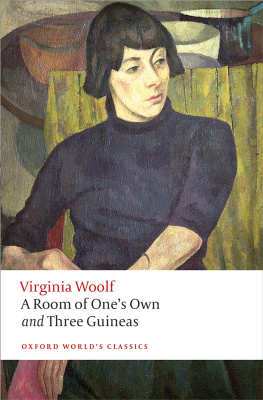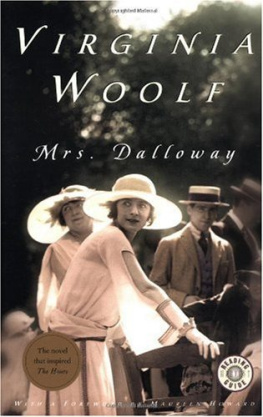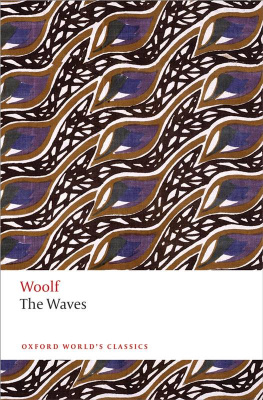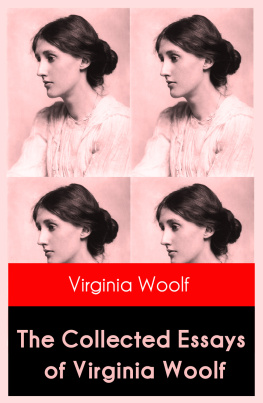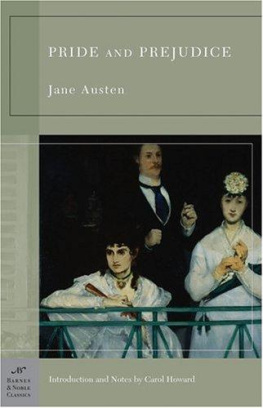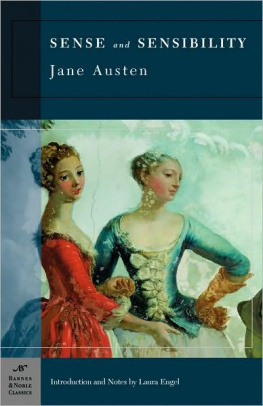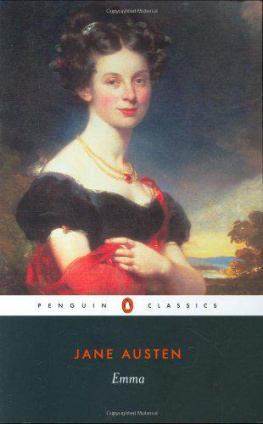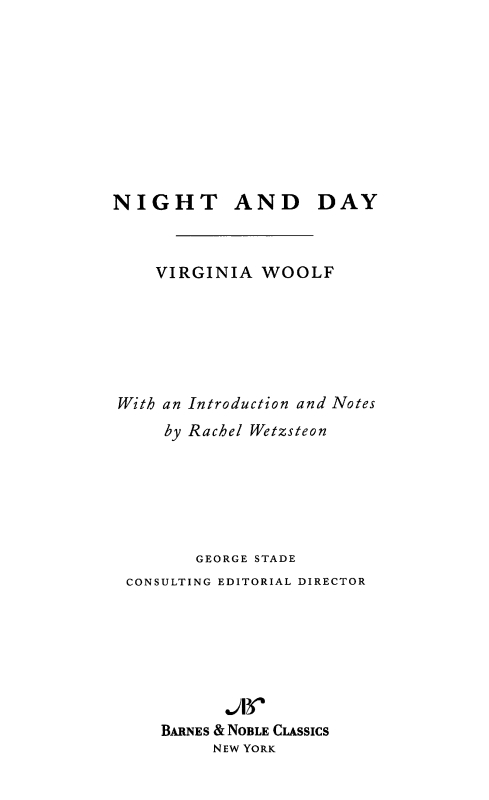
Table of Contents
FROM THE PAGES OFNIGHT ANDDAY
It was a Sunday evening in October, and in common with many other young ladies of her class, Katharine Hilbery was pouring out tea. Perhaps a fifth part of her mind was thus occupied, and the remaining parts leapt over the little barrier of day which interposed between Monday morning and this rather subdued moment, and played with the things one does voluntarily and normally in the daylight.
(page 5)
The temper of the meeting was now unfavourable to separate conversation; it had become rather debauched and hilarious, and people who scarcely knew each other were making use of Christian names with apparent cordiality, and had reached that kind of gay tolerance and general friendliness which human beings in England only attain after sitting together for three hours or so, and the first cold blast in the air of the streets freezes them into isolation once more.
(page 53)
He summoned all the faculties of his spirit to seize what the minutes had to give him; and from the depths of his mind there rose unchecked a joyful recognition of the truth that human nature surpasses, in its beauty, all that our wildest dreams bring us hints of.
(page 128)
Oh, there are other things in the world besides the Suffrage.
(page 164)
After gazing for another second, the stars did their usual work upon the mind, froze to cinders the whole of our short human history, and reduced the human body to an ape-like, furry form, crouching amid the brushwood of a barbarous clod of mud. (page 172)
Well, I really dont advise a woman who wants to have things her own way to get married. (page 185)
He felt himself thrown back to the beginning of life again, where everything has yet to be won; but in extreme youth one has an ignorant hope. He was no longer certain that he would triumph.
(page 221)
Such symptoms of agitation as he might perceive (and they had left their tokens in brightness of eye and pallor of cheeks) seemed to him well befitting the actors in so great a drama as that of Katharine Hilberys daily life. (page 254)
Like a strain of music, the effect of Katharines presence slowly died from the room in which Ralph sat alone. The music had ceased in the rapture of its melody. He strained to catch the faintest echoes; for a moment the memory lulled him into peace; but soon it failed, and he paced the room so hungry for the sound to come again that he was conscious of no other desire left in life. (page 334)
Youve asked her for sympathy, and shes not sympathetic; youve wanted her to be practical, and shes not practical. Youve been selfish; youve been exactingand so has Katharinebut it wasnt anybodys fault. (page 361)
Ive seen more trouble come from long engagements than from any other form of human folly. (page 408)
I assure you that we are in lovewhat other people call love.
Remember that night. We had no doubts whatever then. We were absolutely happy for half an hour. You had no lapse until the day after; I had no lapse until yesterday morning. Weve been happy at intervals all day until Iwent off my head, and you, quite naturally, were bored. (pages 411-412)
She might speak to him, but with that strange tremor in his voice, those eyes blindly adoring, whom did he answer? What woman did he see? (page 441)
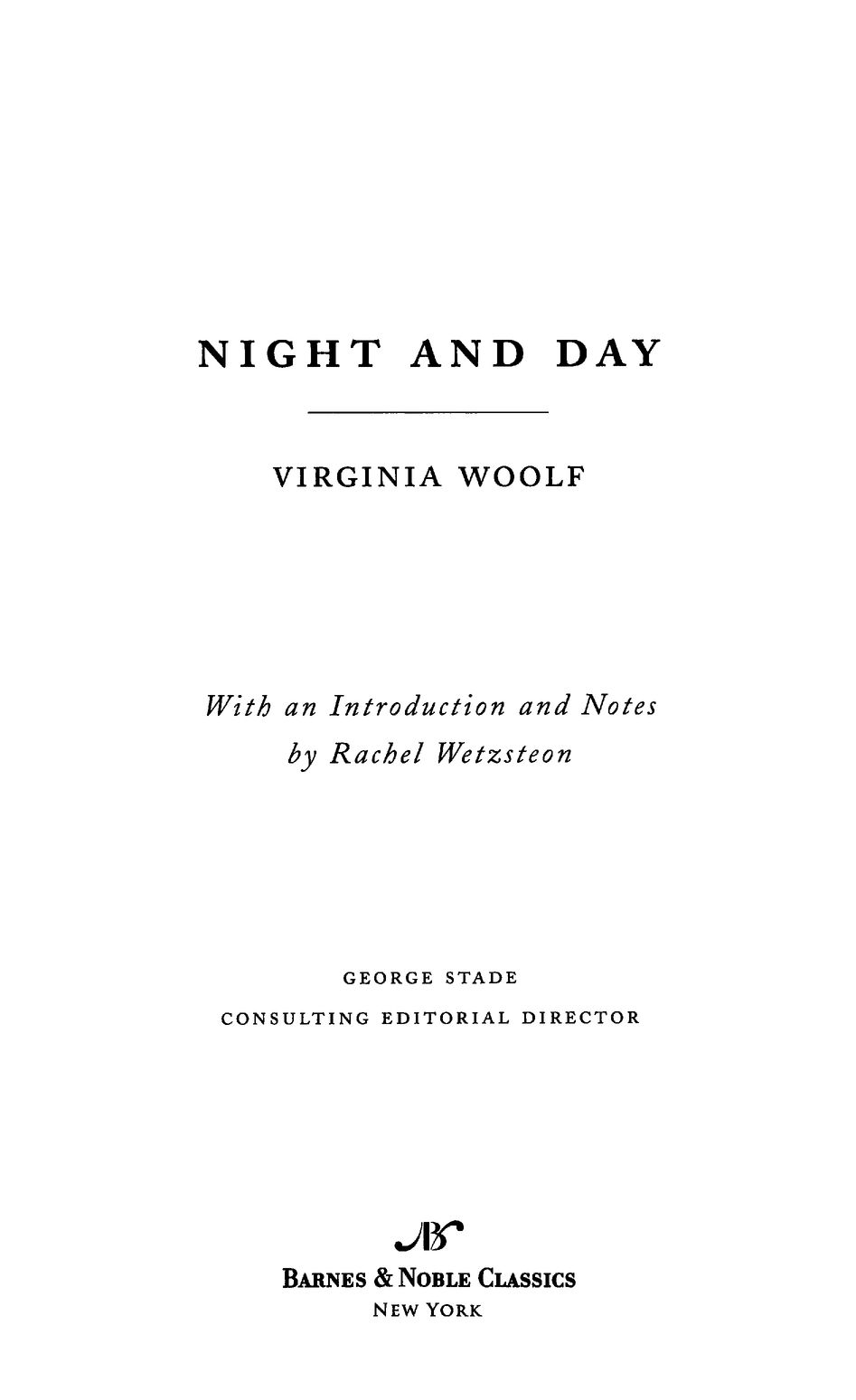
VIRGINIA WOOLF
Virginia Woolf, who would become one of the twentieth centurys most celebrated novelists, was born in London on January 25,1882, to Leslie and Julia Duckworth Stephen. Virginia had access to the works in her erudite fathers extensive library, and she read them voraciously. Unlike her brothers, however, the brilliant, self-taught young woman was denied access to a university education, a fact that would inform her influential feminist works A Room of Ones Own and Three Guineas.
When Virginia was thirteen, her mother died, a traumatic event that triggered a mental breakdown, the first in a life intermittently plagued by severe depression. Virginia suffered another breakdown following the death of her father in 1904. While convalescing at the home of a family friend, she began to publish essays and reviews in the Guardian and the Times Literary Supplement.
Later that year, Virginia moved with her siblings Vanessa, Thoby, and Adrian to a house in the Bloomsbury section of London. There Thoby began holding informal gatherings of his Cambridge friends. Known as the Bloomsbury group, this legendary artistic circle included artist Clive Bell, economist John Maynard Keynes, and writers Lytton Strachey and E. M. Forster. It was within this group that Virginia met novelist Leonard Woolf, whom she married in 1912.
In 1917 Virginia and Leonard founded the Hogarth Press, which they ran from their home. Hogarth would become an influential press, publishing works by Katherine Mansfield, T. S. Eliot, James Joyce, and Vita Sackville-West, among others. Woolf wrote prolifically and in many forms: from extensive letters, diary entries, essays, and literary reviews to short stories and novels. She authored some of the most influential novels of the early twentieth century, including Mrs. Dalloway (1925), To the Lighthouse (1927), and The Waves (1931). Her superb ear for language and her narrative conception of experience as moments of being earned her both renown among her contemporaries and critical and financial success.
Increasing depression and the impending atrocities of World War II proved too much for Woolfs sensitive nature. After completing her final novel, Between the Acts, amid bomb warnings and country-wide anxiety, Woolf penned a short suicide note to Leonard, filled her pockets with stones, and drowned herself in the River Ouse on March 28, 1941.
THE WORLD OF VIRGINIA WOOLF ANDNIGHT AND DAY
| 1882- 1894 | Adeline Virginia Stephen is born in London on January 25, 1882, the third of the four children of author and critic Leslie Stephen and Julia Duckworth Stephen. Her siblings are Vanessa (born in 1876), Thoby (1880), and Adrian (1883), and four half brothers and sisters from her parents previous marriages. Virginia is educated at home, where she benefits from private Greek lessons and unfettered access to her fathers extensive library. Scenes and impressions from childhood summers spent at Talland House, the seaside family home in Cornwall, will appear in her novels. Irish writer James Joyce is also born in 1882. |
| 1895 | Julia Duckworth Stephen dies from influenza, an event that devastates thirteen-year-old Virginia; she suffers the first in a series of breakdowns that will plague her throughout her life. Leslie is unable to recover from his wifes death, and the atmosphere in the Stephen household becomes somber and melancholy. Virginia will remain haunted by memories of this time. |
| 1897 | She begins her numerous, detailed diary entries, intimate and profound observations that over the course of her life will fill volumes. Her half sister, Stella, who had looked after the Stephen children since 1895, dies. |
| 1901 | Queen Victoria dies. |
| 1902 | Leslie Stephen is knighted. |
| 1904 | Sir Leslie Stephen dies. Virginia suffers a second breakdown and attempts suicide. During her convalescence she begins writing for publication; her first published essayabout Haworth Parsonage, the Bront family homeappears in |



